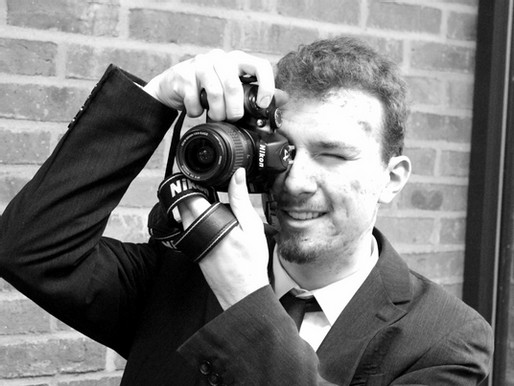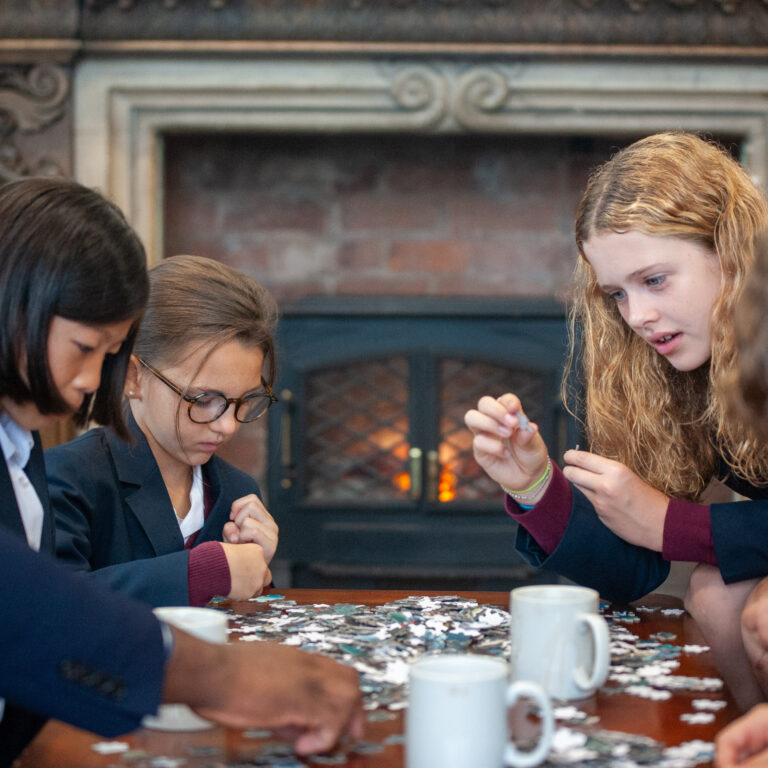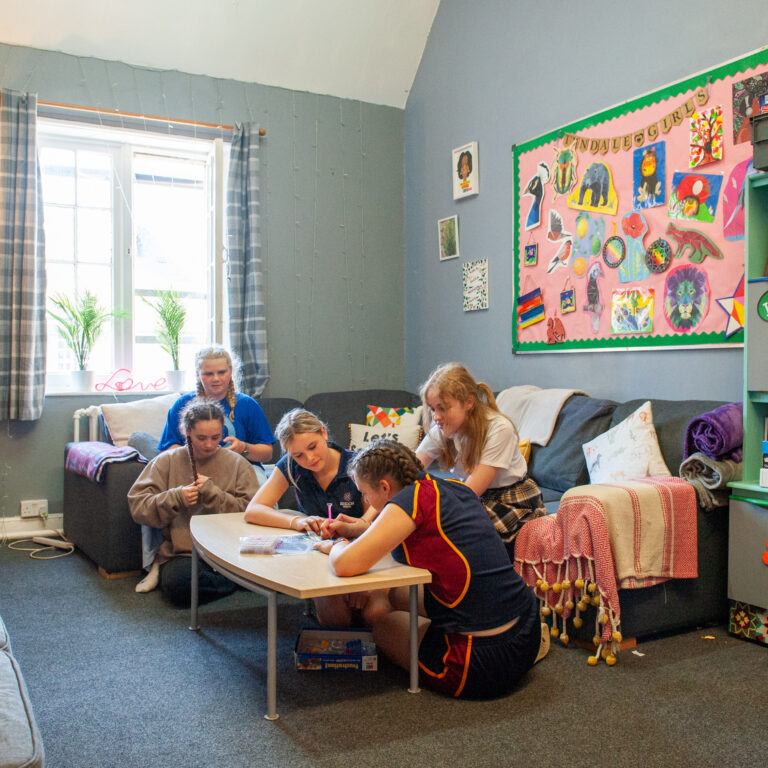When a child is diagnosed as dyslexic, often parents worry this may mean they will be less successful, struggle academically, and generally find school work more difficult than most. In research recently carried out by the charity organisation ‘Made By Dyslexia’, only three percent of those surveyed believed that dyslexia could be an advantage, indicating that the majority of us feel dyslexia is a disadvantage.
However, did you know that people with dyslexia are much more likely to have strong visual skills, be more innovative and possess an ability to think outside of the box? Dyslexics have also been found to have a much stronger right hand side of the brain than left, as well as an inbuilt aptitude for two dimensional visual representation and three dimensional constructs. In other words, dyslexia can equip a person with some of the key skills that make for an excellent artist.
Some of the most influential artists throughout history are believed to have been dyslexic, including Leonardo da Vinci, Pablo Picasso and Andy Warhol.
Jack, in Year 13 is currently studying A Level Photography at Bredon School. Jack admits that being dyslexic has made some subjects more difficult. “It’s like a mental assault course”, explains Jack, “almost like being a swan – appearing absolutely fine but having to work harder under the surface to get by. Everyone who has dyslexia may struggle with different things, for example, punctuation has been quite a hurdle for me in English. Reading can be hard; I find I have to remember each word as a shape on the page and try to recall each individual shape when I read something new in order to translate these shapes into words. This is because I’m a very visual learner.”

Above: Photo by Jack for his A Level coursework
When Jack discovered Art and Photography at Bredon School, he realised that perhaps for the first time, being dyslexic may not be a hindrance, but a help. “Finally, I thought – something I am good at! I have always had lots of ideas and in my Art and Photography work I can put my thoughts onto the page in a creative way. My dyslexia means I am able to see the end product in my mind very clearly, and think outside the box.”
Prior to attending Bredon School, Jack’s relationship with education was far from positive. “There was a time”, says Jack “when I couldn’t bring myself to go to school at all. Before discovering my passion for artistic pursuits, I began to believe that I may not excel in any subject. I wasn’t given the support I needed and I lost a lot of confidence. When I joined Bredon, I honestly felt as though I was surrounded by people who understood me and I know that coming here was the best decision I ever made. I have just achieved top marks for my Photography coursework. After school I want to pursue a career in the TV and film industry. I am inspired by Steven Spielberg, who is also dyslexic – I realise now that my dyslexia is actually a good thing as it helps me to see the world differently to others and create some really imaginative work.”

Above: Jack, Year 13 Photographer
Mrs Vicki Haines, Head of Art and Photography at Bredon School, explains how dyslexic pupils thrive within the walls of her department.
“I have seen it time and time again,” explains Mrs Haines, “those children who may not excel in the academic subjects such as English or Mathematics, and may have lost motivation with their school work, step into our creative department and transform.
“Pupils who may have been misunderstood or perceived as ‘naughty’ are often, I believe, highly intelligent and creative individuals who simply seek a form of expression. I have pupils who are currently on track to achieve the highest possible grades, who at one time would have never thought they were capable of achieving even a Pass.
“Dyslexic pupils are often able to visualise their final piece very clearly and produce stunning pieces of work. In Art and Photography, they do not have to decode language or adhere to strict rules. They are finally able to fully express themselves and the results are breath-taking.
“I have no doubt in my mind that the correlation between Bredon being a dyslexia friendly school and the number of our pupils achieving a 9 at GCSE and A Level being over 11% higher than the national average, is in no way a coincidence.”
Dyslexia will inevitably bring with it some additional barriers to learning that a person will need to overcome. However, it also unlocks potential to become wonderfully imaginative, excellent at problem solving, great conversationalists – the list goes on. Perhaps it is time to think of dyslexia differently and understand that in the right environment, a dyslexic pupil will thrive and achieve great things.





